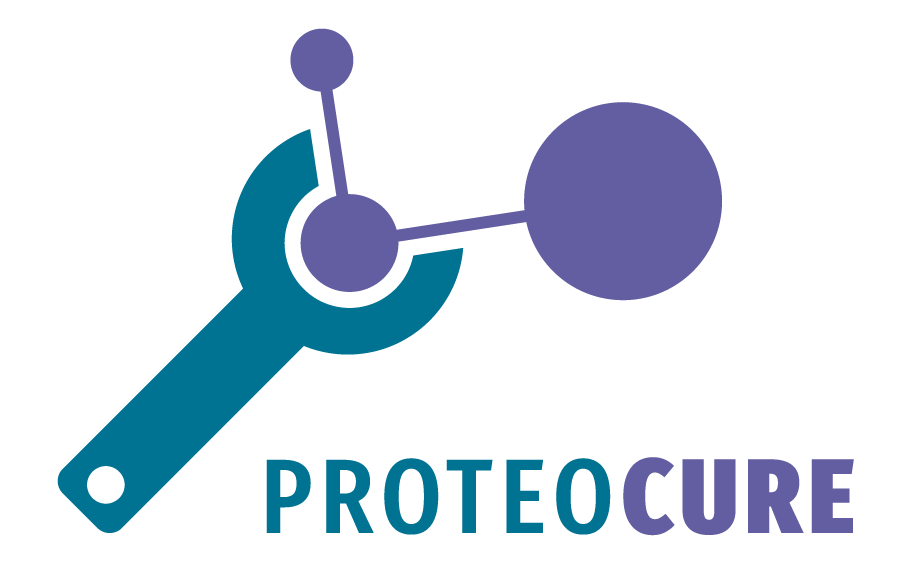March 24th 2023, at 16.00 Central European Time
Please log in to see the link for the webinar
Prof. Robin Ketteler
Design and Validation of Autophagy Targeting Chimera
Targeted protein degradation (TPD) has opened new opportunities to investigate signalling pathways as a research tool, and as a unique therapeutic strategy using bifunctional chimeric small molecules. Most current TPD approaches use the 26S proteasomal machinery via PRoteolysis TArgeting Chimeras (PROTACs), however, new emerging strategies using the autophagy system, termed AUtophagy TArgeting Chimeras (AUTACs) expand on the degrader arsenal and repertoire of targets that can be degraded. This includes non-protein molecules, organelles, insoluble protein aggregates as well as conventional protein targets. Here, we present novel strategies to develop Autophagy Targeting Chimera. As a proof of concept, we used a mitochondrial targeting warhead linked to an autophagy inducing compound. We show that this AUTAC leads to local activation of ULK1, recruitment of mitochondria to autophagosome initiation sites and enhanced mitophagy. We propose that AUTACs have potential as unique therapeutics for diseases where dysfunctional mitophagy plays a key role in disease pathology and progression.
Biography:
Prof. Robin Ketteler studied Biochemistry at the Free University Berlin and completed his PhD thesis at the Max-Planck Institute for Immunobiology in Freiburg, working on signaling cascades of the Erythropoietin receptor in hematopoietic progenitor cells. As a Postdoc at the Massachusetts General Hospital in Boston, he was developing high-content imaging and systems biology approaches. In 2009, Dr. Ketteler established his research group at University College London with main aims to develop therapeutic approaches by targeting autophagy and cell signaling. In 2019, he was appointed as Professor for Translational Cell Biology at University College London and in 2022, he was appointed as Professor for Biochemistry at the Medical School Berlin, where he continues to develop translational approaches to targeting autophagy in cancer and neuro-degenerative disorders.

